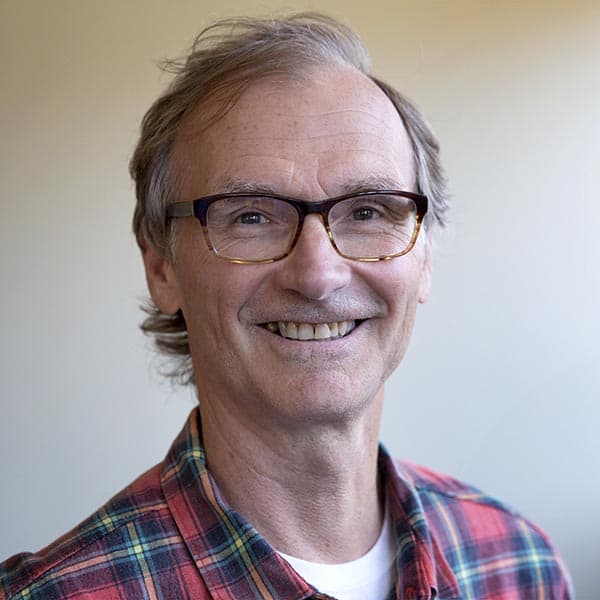Advertisement
Remembering Dr. Martin Luther King And The Movement He Led
ResumeOn April 4, 1968, 48 years ago today, civil rights leader Martin Luther King Jr. was assassinated in Memphis, Tennessee, at the Lorraine Motel. The motel is now a shrine to Dr. King, and a part of the National Civil Rights Museum.
Here & Now's Alex Ashlock was in Memphis recently and visited the museum. He has this report on the anniversary of Dr. King's death.
King was standing on the hotel's second-floor balcony, with several friends, getting ready to go out for dinner, when a bullet fired from a boarding house across the street struck him in the face.
There's a famous picture, the others on the balcony pointing to where they thought the bullet had come from.
King had come to Memphis to support black sanitation workers, who had been on strike since mid-February that year.
Faith Morris was born in Memphis. Today she works at the National Civil Rights Museum at the Lorraine Motel.
"The sanitation workers were trying to organize, trying to unionize," Morris said. "They were fighting against pretty abysmal conditions, life-threatening conditions. Poor wages just all down the line. No equality whatsoever among the races."
That included the fact that the African-American garbage men weren't even allowed to ride in the cab of the garbage trucks. That was for the white workers only.
In fact before the strike started, two African-American workers were killed when they sought shelter in the back of their truck with the garbage, and the compressor was accidentally triggered.
Stories that reflect the struggle fill the exhibit halls at the National Civil Rights Museum.
It starts with slavery, moves through the civil war and reconstruction, Jim Crow and the seminal events of the movement: Rosa Parks and the Montgomery bus boycott, the Freedom Rides, Selma and Bloody Sunday, the Poor People's Campaign.
The tour ends at the balcony, King's room preserved behind a clear plastic barrier, just as it was when he shut the door that April evening: bed sheets mussed, unfinished cups of coffee
Morris was in grade school when the civil rights leader was murdered.
"As a little girl I saw what it did to our city," Morris said. "Most of us were just trying to understand why something so horrific had happened to a man who was here to do a really good thing."
On the day I visited the Lorraine Motel and the Museum, there were children in school groups strolling through the exhibits.
And I also met another visitor Jack Washington, an African-American man from Chicago.
"It was quite eye opening to me," Washington said. "It was quite a realization of seeing and knowing the things that we have basically taken for granted, and actually if he wasn't part of the struggle back in the day."
I asked what it meant to stand where Dr. King was shot.
"It was kind of emotional, it was kind of touching to see where everything culminated," Washington said. "In this particular spot."
The night before he was killed, Dr. King spoke at a church in Memphis.
What he said that night stands in stark reflection now, but was something he often spoke publicly about, his own mortality:
Like anybody, I would like to live a long life — longevity has its place. But I'm not concerned about that now. I just want to do God's will. And He's allowed me to go up to the mountain. And I've looked over, and I've seen the Promised Land. I may not get there with you. But I want you to know tonight, that we, as a people, will get to the promised land. So I'm happy, tonight. I'm not worried about anything, I'm not fearing any man. Mine eyes have seen the glory of the coming of the Lord.
According to biographer Taylor Branch, right before he was shot, King spoke to a musician who was going to perform at a service they would attend that evening.
"Make sure you play 'Take My Hand, Precious Lord' in the meeting tonight," King said.
That was Dr. King's favorite hymn.
He often invited gospel singer Mahalia Jackson to sing it at civil rights rallies to inspire crowds.
She sang it for him one more time, at his funeral.
Reporter
- Alex Ashlock, Here & Now producer. He tweets @aashlock.
This segment aired on April 4, 2016.
